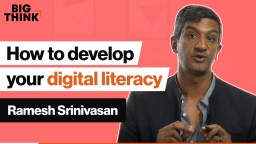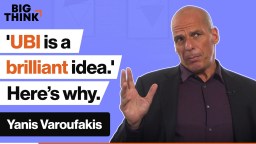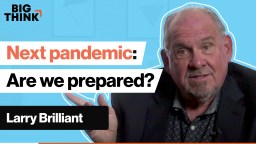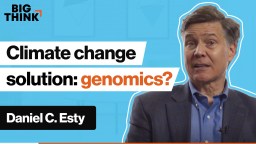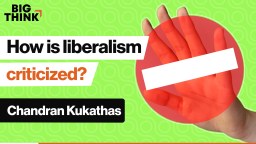global issues
The response to the pandemic illustrates five actions we can take to address the global climate change crisis.
The ability to interact peacefully and voluntarily provides individuals a better quality of life.
▸
5 min
—
with
We’ve known this virus was coming. We just didn’t do anything about it.
Understanding the math behind social distancing.
Sometimes the best way to make changes is when you’re in the middle of a challenging time.
Tech is rising and America’s middle class is vanishing. Here’s what to do.
▸
5 min
—
with
The welfare state is broken. UBI is the smarter, more effective option.
▸
4 min
—
with
Economics professor Stephen M. Miller shares his insights in this exclusive interview.
Inequality from the Recession has a lot to do with how the government designed its response.
Coronavirus infecting your pup is extremely unlikely, but there are some precautions you can take for your pets during the pandemic.
Despite potential good intentions, interventionist policies are often viewed by classical liberals as violations of individual freedoms.
▸
6 min
—
with
More rules is not what’s going to stop sexual harassment at work, says Johnny C. Taylor, Jr. Change the culture.
▸
5 min
—
with
Is there anything we can do to help us give up this habit?
We encode our biases into everything we create: books, poems, and AI. What does that means for an increasingly automated future?
▸
4 min
—
with
Hospitals are running out of critical face masks as civilians are panic-buying medical supplies en masse amidst the coronavirus global pandemic.
Jordan Hall speculates on the fate of the species.
Will identifying patient zero curb the spread, or just cause stigma?
Can the American government stop coronavirus spread? Its past actions speak volumes.
When it comes to the quality of school systems and curriculum, does the U.S. need a reality check?
▸
4 min
—
with
Technology best serves the user when organic development combines necessity with collective values.
▸
8 min
—
with
Deciding how we ought to live is one of the greatest challenges of being alive. Ask yourself these important questions to gain clarity, with philosopher Peter Singer.
▸
7 min
—
with
Vaccines have done their job so well that anti-vax parents have forgotten the horror of contagious disease.
▸
3 min
—
with
There are many different ways of helping people in extreme poverty. Philosopher Peter Singer explains how you can do it.
▸
5 min
—
with
Budget cuts to pandemic preparedness put us all at risk.
▸
4 min
—
with
Can reading increase empathy and charitable thinking?
Global warming has shown that permafrost is not so permanent after all.
Technological advances in molecular biology could help fix the planet.
▸
2 min
—
with
In 2018, cancer drugs earned the pharmaceutical industry $123.8 billion. Soon, they’ll be worth billions more.
Answer: When 22 men make more money than all of the women in Africa, an Oxfam study says absolutely.
Objections to liberalism are often tied to traditions, morals, and cultural identity.
▸
6 min
—
with





